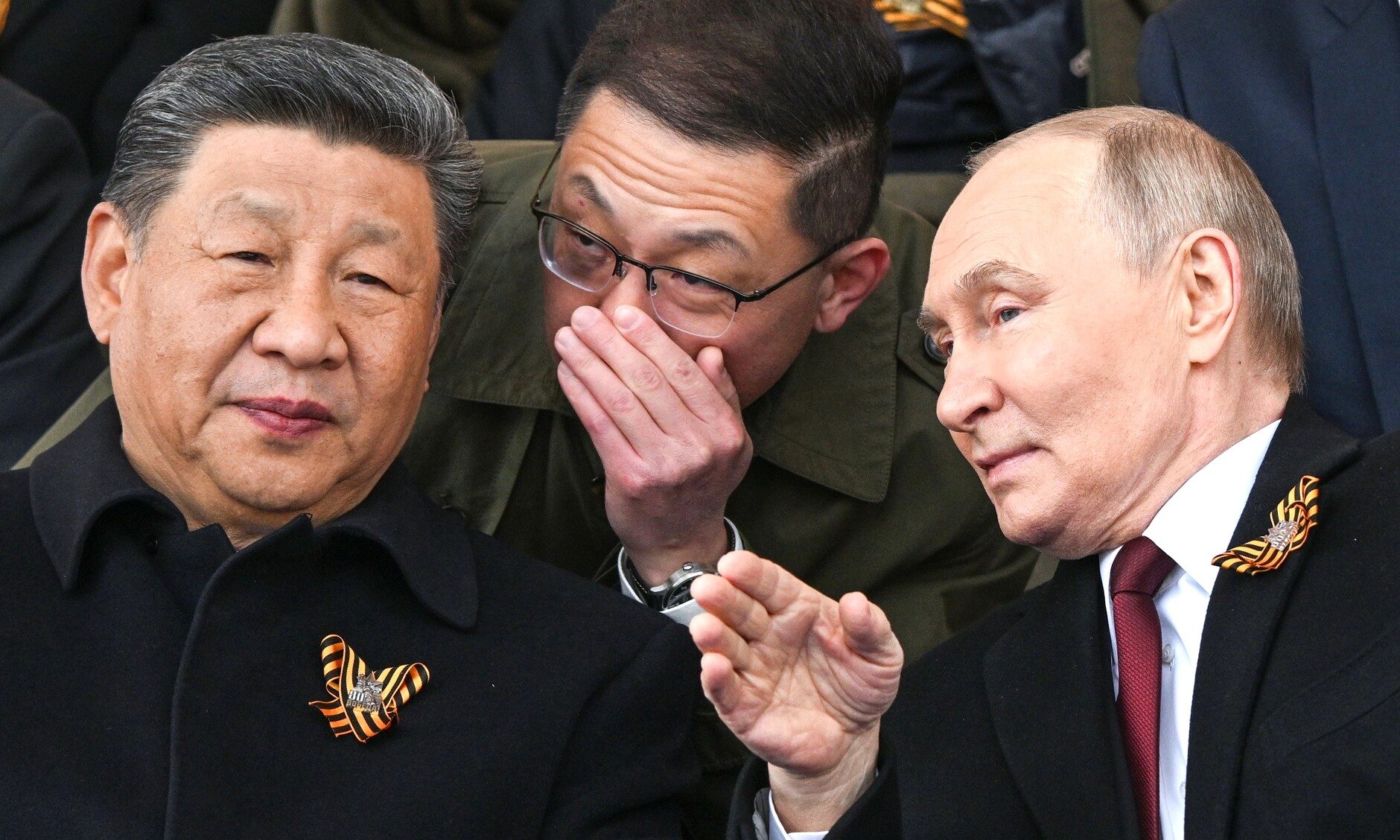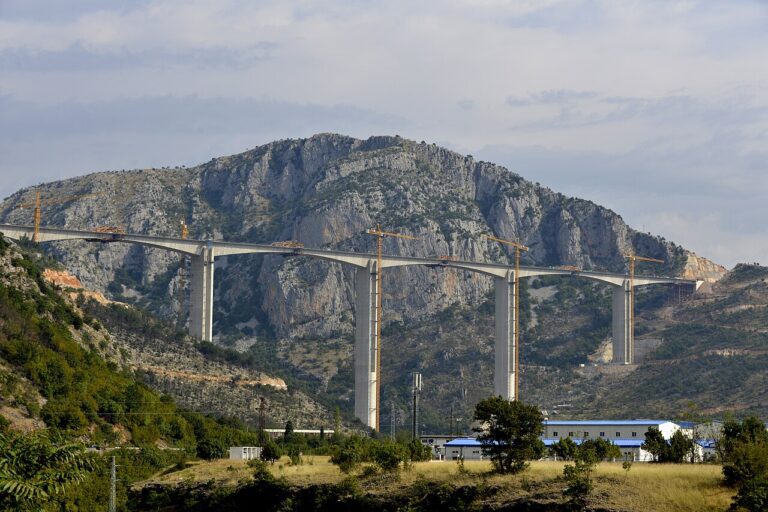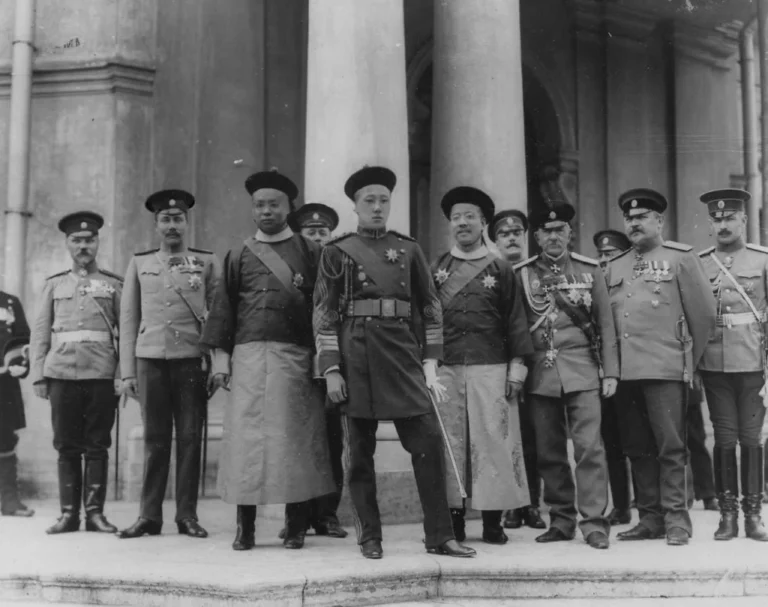
This article was originally published by China Dialogues at LSE Ideas and is republished here with the permission of the author. The article is part of an ongoing collaboration between LSE Ideas and CHOICE.
“Right now there are changes – the likes of which we haven’t seen for 100 years – and we are the ones driving these changes together.” (Xi to Putin, March 2023)
Bromance: Xi and Putin
If there is one leader in the world whose company Xi Jinping seemingly cannot get enough of, it is Vladimir Putin. What has been called Xi’s “bromance” with the Russian leader began in 2010 when he visited Russia for the first time. Three years later, he made Moscow his first port of call after being elected President of the People’s Republic of China. By then, the relationship had deepened considerably, with Xi openly confessing that the two men had become “good friends” – so friendly in fact that they met later that year on the fringes of the G20 summit, followed the next month by yet another encounter in Indonesia. As noted by the official Chinese communiqué, 2013 turned out to be a true “bumper year” for China-Russia relations.
Thereafter, the air miles just kept piling up as the leaders hopped from one not-so-secret assignation to another: two in 2014 following Russia’s annexation of Crimea; at least four in 2015, including during Xi’s attendance at the 70th anniversary of Russia’s victory in the “Great Patriotic War;” and approximately four times each year until the pandemic temporarily halted such direct engagements. The meetings resumed in February 2022, when Putin met Xi in Beijing. Here, the two issued their famous 5,000-word communiqué, which apart from attacking “closed bloc structures” like NATO in Europe and AUKUS in the Asia-Pacific, as well as “some actors” who continued to “interfere in the internal affairs of other states,” went on to announce that the “friendship between the two States” had “no limits” and “no ‘forbidden’ areas of cooperation.” Coincidentally or not, three weeks later Russia decided to invade Ukraine.
The Lessons of History
The war, which China has steadfastly refused to call an “invasion,” has not diminished the two men’s enthusiasm for each other. They met three times in 2023, three times in 2024, and twice so far in 2025 – one virtually in January, and one in May when Xi visited Moscow to commemorate the 80th anniversary of the end of the war in Europe. The symbolism of the two leaders sitting side by side as the troops – including some from the PLA – marched by was obvious. This was no ordinary diplomatic event but a confirmation of the deep ties uniting the two nations – in “brotherhood” against the Axis in the past, and against the “bullies and unilateralists” they believe are seeking to contain and divide them today.
Xi underscored this message in an article published in the Russian press just days before his trip to Moscow, titled “Learning from History in Order to Build a Bright New Future.” Here, he emphasized that the lessons of the war, when China and Russia stood side by side, should never be forgotten as the two countries strove together in the modern era to promote an equal and orderly multipolar world against all those still intent on practicing “hegemonism and power politics.”
But it is not just the history of World War II and the important lessons learned from it that unites the two leaders. Both also look back on the Soviet experience through a similar, if not identical, lens. Putin, of course, is not entirely uncritical of Stalin – after all, Stalin was a communist, and Putin most definitely is not. Yet Stalin remains “the symbol of victory in the war – and of a powerful state.” Putin has even reportedly argued that although Stalin was a tyrant, the “country shouldn’t be made to feel guilty about its past.”
If anything, Xi has been even more positive in his views of the Soviet leader, once reportedly stating that for true communists “Stalin weighs no less than Lenin,” and that, in terms of correct decisions, “he doesn’t even have an equal in world history.” While Xi may be no Stalin, and modern China no Soviet Union, he shares with Putin a sense of loss over the Soviet collapse – something Xi has described as “too painful to look back upon,” giving him “almost physical pain… when forced to think about it.”
Contested Histories
Of course, history alone is not enough to bind two large countries together, but it certainly helps – especially when the past can be rewritten. Xi has been nothing less than thorough when it comes to reshaping the narrative of Sino-Russian relations. The so-called “dark spots” in the relationship cannot be entirely erased. After all, as every Chinese schoolkid knows, Russia took over large chunks of territory in the Far East in the late 19th century that were previously Chinese. Yet the official story told today is an altogether more positive one, with Russia no longer cast as a villain that robbed China of vast territories, but as a bearer of a new set of Marxist-Leninist ideas that sparked what Xi has called “a great awakening among the Chinese people” out of which the Chinese Communist Party was born.
Yet despite all this, many Western analysts remain skeptical about whether or not the relationship is quite as serious as Xi and Putin insist it is. Hence, when the two countries signed a treaty in 2001 which, amongst other things, declared that “when their security interests” were involved, the two would “immediately hold contacts and consultations in order to eliminate such threats,” the White House said it was “unconcerned.” A few years later, we were told by a prominent writer on the subject that the partnership (or what he termed an axis) was merely “convenient.” In 2019, we were further informed the “alliance wouldn’t last,” with another expert telling us a year later that the partnership had its “limits.” Even a few months before Russia’s full-scale invasion of Ukraine in February 2022, doubters could still be heard declaring that the relationship was a “bad marriage” between two very different powers that might through a careful use of carrots and sticks be eventually pried apart.
Even some within the current Trump administration appear to believe that the ties uniting the two states are not as strong as often argued. Indeed, according to some reports, the Trump administration has been “quite open about why exactly it wants to get into bed” with Moscow, hoping that “closer ties will prize Russia away from China.” And even if this proves unrealistic, there is still no reason to think the relationship is without its contradictions.
Many Russians, for example, seem to resent the idea of becoming a junior partner to China. And although Chinese attitudes towards Russia remain mixed, there is nothing about modern Russia itself which most Chinese find especially attractive. Indeed, even in these difficult times young Chinese seem to be far more interested in the US than they are in Russia. The fact that only 50,000 Chinese students have chosen to study in Russia, while close to 280,000 still study in the United States (and hundreds of thousands more in the EU, the UK, Australia, and Canada) may not tell us everything about the relationship, but it tells us something about how the emerging middle class in China looks at the world.
Too Close?
That said, 35 years after Gorbachev met Deng in Beijing in 1989, and roughly 25 years since Putin signed the 2001 treaty with Jiang Zemin, the relationship between the two states appears to be thriving. We do not even need to count the two leaders’ 44 meetings (as of now) or their foreign ministers’ frequent encounters (seven in 2024 alone) to prove it. Instead, we can simply look at the growing economic ties – China has now become Russia’s most important economic partner – and the increasing number of joint military exercises (111 by 2024).
Sceptics, of course, would retort by insisting that this is not a true alliance; that the two countries have fundamentally different interests; and that they could easily part ways when the time is right. Recently we were even told that for all their apparent chumminess, Xi has been careful not to get “too close” to Putin, keeping his options open. Possibly so. But if the past is any guide, then there is every likelihood that the two leaders (now in office for life) will continue to meet and collaborate in their effort to reshape the world order for years to come.
Written by
Michael Cox
Professor Michael Cox was a Founding Director of LSE IDEAS and is now Emeritus Professor of International Relations. He has served as Senior Fellow at the Nobel Institute in Oslo and is now a visiting professor at the Catholic University of Milan.


